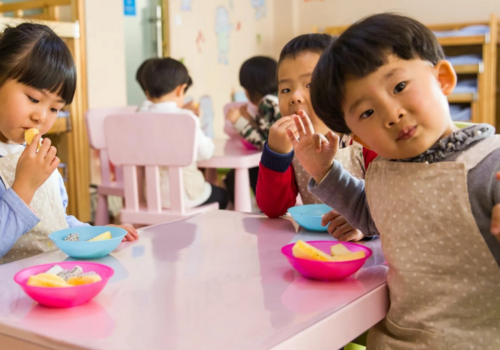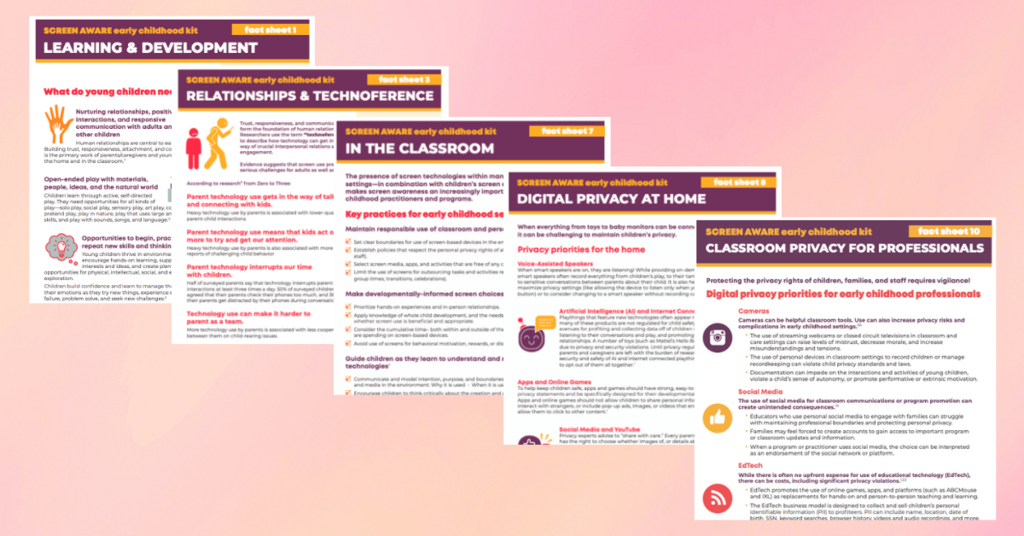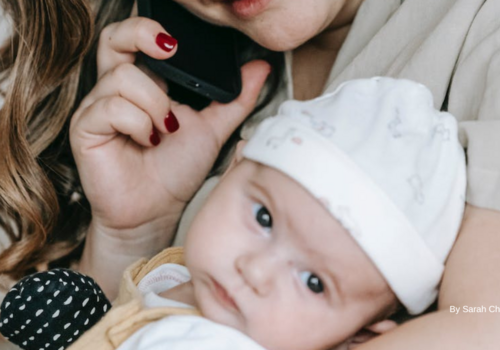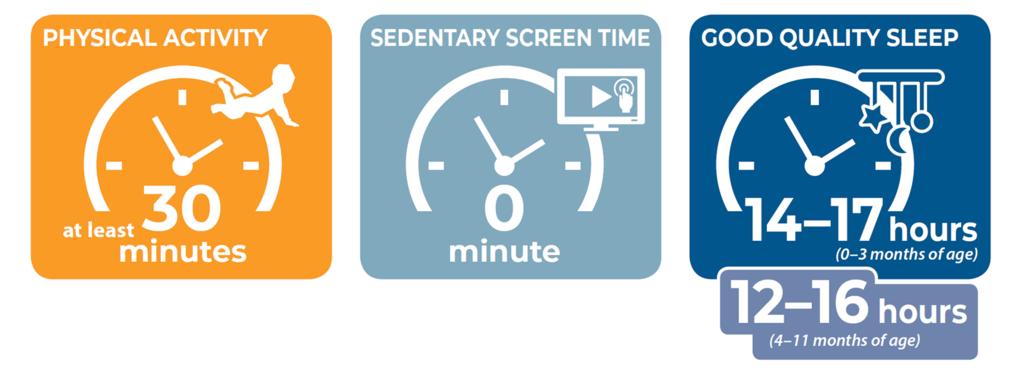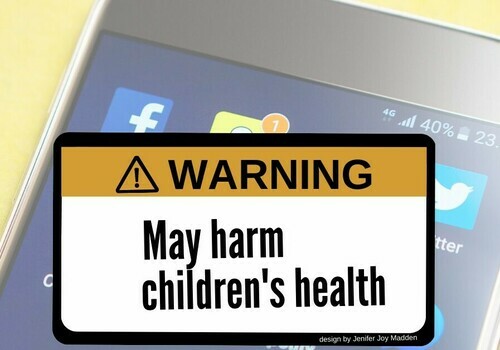Everybody loves seeing babies wave bye-bye and say their first words. But those skills are coming more slowly to many babies born during the pandemic, according to new research in the Archives of Disease in Childhood.
Social isolation, household stress, and child or parent screen overuse are some reasons why experts believe babies may have had fewer face-to-face interactions at the height of COVID. As a result, the babies heard fewer words spoken by parents and other loved ones. They thus had “significantly less vocalizations” compared with babies born before the pandemic, says Brown University’s Advanced Baby Imaging Lab.
“I’m seeing children with global delays; with deficits in really early pre-language skills like pointing, giving and reaching,” observes Rhode Island speech-language pathologist Alyssa Loberti.
Top U.K. Schools Inspector Amanda Spielman sees the implications of babies speaking and being spoken to less. “I’m particularly worried about younger children’s development, which, if left unaddressed, could potentially cause problems for primary schools down the line.”
Kids Bounce Back
Luckily, little kids are resilient and thrive with loving attention.
Babies and toddlers who can look at loved ones’ faces, practice “talking”, and hear plenty of spoken words are typically quick to learn language. They also get a boost in brain development, executive functioning, and social-emotional skills.
Proof comes from LENA Grow, a professional development program for early childhood teachers. The program uses “talk pedometer” technology to detect how much preschool teachers converse with their students. Teachers are then made aware of times in the day there is little talking and which students experience less conversation.
When teachers step up their chatter, the results are impressive.
After a LENA Grow intervention at Sprout Five early learning program in Columbus, Ohio, teacher words spoken increased by 27% and conversational turns between teachers and students soared by 80%.
Children in LENA Grow classrooms “significantly increased their language and literacy skills compared to those in non-Grow classrooms,” according to a Sprout Five project summary. Students became more engaged with classroom activities and teachers felt less stressed and more satisfied with their jobs.
Avoiding Speech Delay
Back-and-forth face-to-face talk is also crucial for young children at home.
Continue reading →
